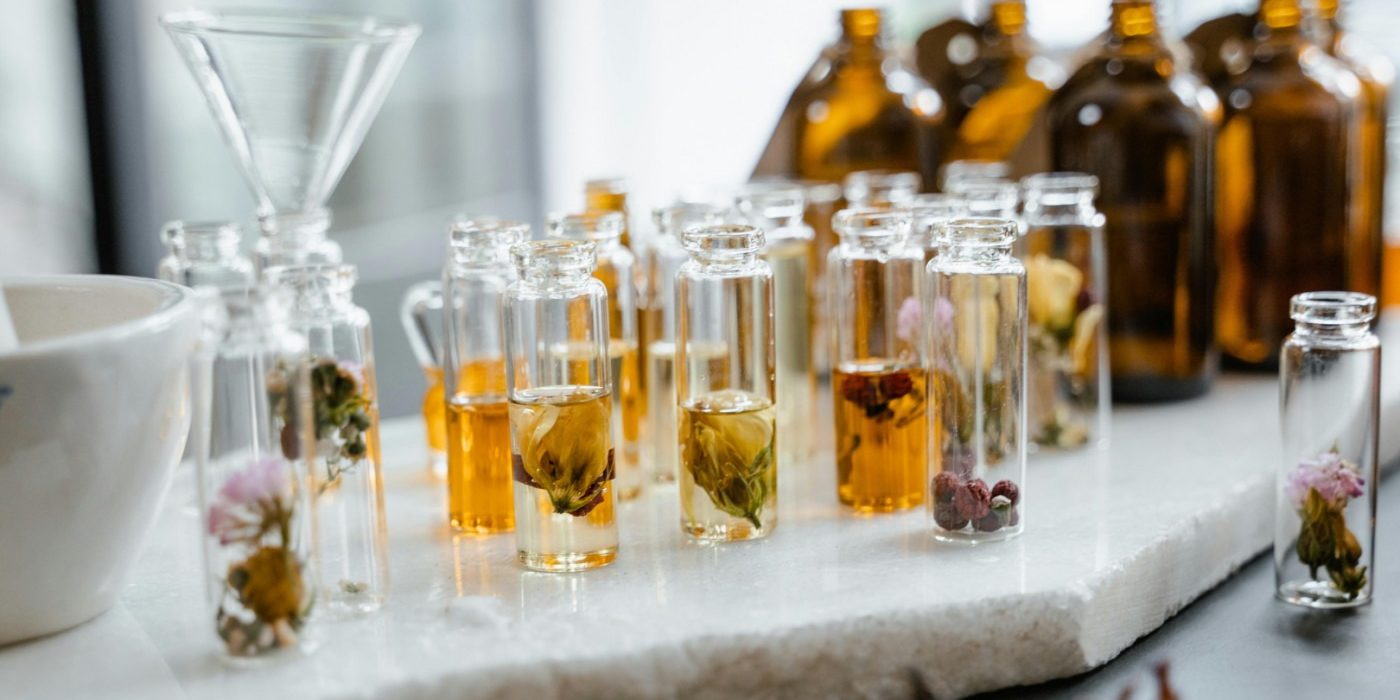Natural vs. synthetic drugs: Do natural medicines have a place in the modern world?
The archaic origins of medicine were likely accidental. Early humans foraging in the wild may have found herbs, animals, and mineral substances eliciting certain effects, from which poultices and tinctures could thus be produced. This knowledge could then be passed down through generations. From there, medicine developed throughout the world, and across different civilisations.
Clay tablets from around 900-600 BC in Mesopotamia displayed surprising knowledge of prophylactic practices, as well as measures to prevent the spread of disease. Sumerian clay tablets dating back to 2100 BC contain ‘recipes’, with ingredients such as salt, saltpetre, thyme, seeds, roots, and bark as pharmaceutical treatments. However, influential Greek physician Hippocrates believed there was no need for pharmaceuticals, and suggested that patients could often get better without the use of drugs – which is a belief still integrated into our society today.
Fear is one of the most powerful psychological barriers in medicine. It can prevent people from accepting diagnoses, as well as not taking prescriptions due to fear of potential side effects or dependency
Medication non-adherence is an issue costing healthcare sectors nearly $300 billion annually in the US. Indeed, some people believe medication does more harm than good, or that taking it is unnecessary, either abstaining from taking medication completely or choosing natural, apothecarial alternatives.
The root of this issue often stems from fear, mistrust, or misinformation. Fear is one of the most powerful psychological barriers in medicine. It can prevent people from accepting diagnoses, as well as not taking prescriptions due to fear of potential side effects or dependency. A lack of information about the mode of taking a drug is a similar issue – ingesting a chemical that interferes with your physiology, if not properly explained by doctors, causes fear and non-compliance. Similarly, mistrust of the pharmaceutical industry – or ‘big pharma’ – and its intentions, plays a substantial role. People may defer from synthetic drugs due to personal views of pharmaceutical companies, expressing caution due to their history of concealing data, and worries that such companies are largely profit-driven.
Apothecary products have been used for hundreds of years to treat maladies and are seen as more traditional and reliable as a natural resource
Instead, some turn to herbal remedies, deeming them safer as they are ‘natural.’ This is not strictly accurate. It can seem logical to assume that because something comes straight from nature, it is safer to take than other medications. However, the FDA classes herbal supplements as food – not medicines – which therefore do not undergo a rigorous screening process like synthetic pharmaceuticals. Indeed, batches can be of inconsistent quality, and incorrect identification of plants or misadministration of treatment can occur. As a result, it is difficult to predict whether a natural product will provide the intended effect or adverse side effects instead. As well as this, ingredients that can be synthesised or extracted naturally – like caffeine – can often be perceived as ‘healthier’ if derived from natural origins, despite both molecules having the same structure.
Despite this, natural remedies can be remarkably effective. Ginger has been used for nausea relief, turmeric as an anti-inflammatory treatment, and Hypericum perforatum (or St. John’s Wort) to treat moderate depression. Similarly, apothecary products have been used for hundreds of years to treat maladies and are seen as more traditional and reliable as a natural resource. So, while the bank of evidence to support herbals as a sufficient medicinal resource is scarce, it is hard to deny the good that natural products have done for others. Of course, contact your pharmacist before taking herbal supplements, especially if you are on prescription drugs, to ensure safe use and avoid potential interactions.
On balance, rising antibiotic resistance (where bactericidal drugs are no longer lethal to the pathogen) is leaving people susceptible to infection, so it is possible natural medicine could have a larger part to play in treating bacterial infections, and has perhaps been underused. Perhaps in the future, a holistic approach to the application of both apothecarial and synthetic medicine may be a crucial approach is adapting to a constantly evolving medical environment.

Comments